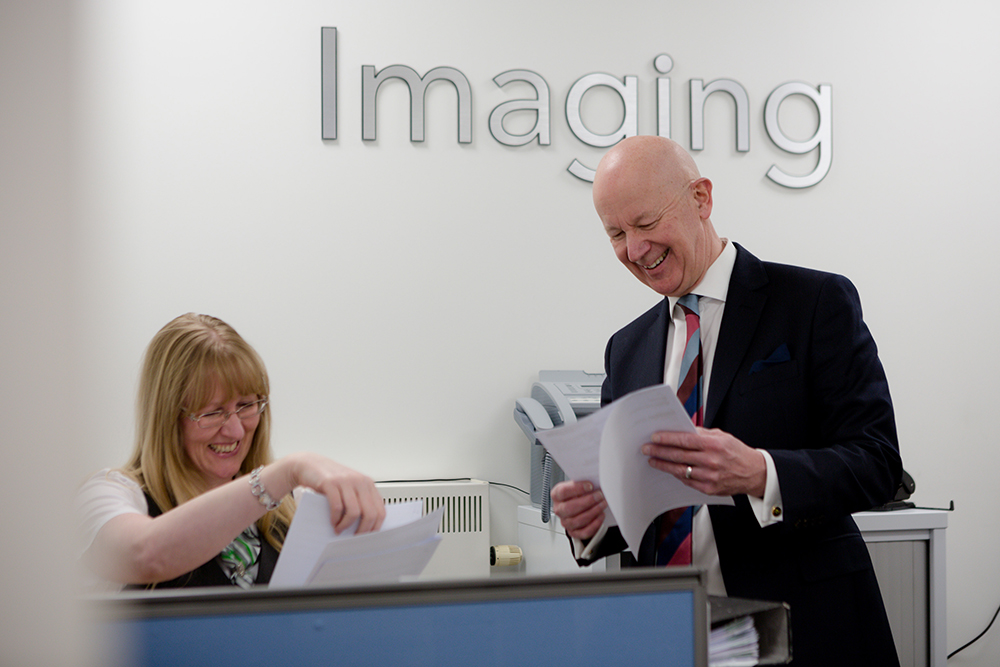Transient loss of consciousness (TLoC, fainting, blackout, syncope) is caused by a temporary reduction in blood flow to the brain. Blood flow to the brain can be interrupted for a number of reasons. Different causes are listed below.
Triggers that can cause Syncope
Transient loss of consciousness is most commonly caused by a temporary glitch in the autonomic nervous system. This is sometimes known as autonomic (neurally) mediated syncope. The autonomic nervous system is made up of the brain, nerves and spinal cord. It regulates automatic bodily functions, such as heart rate and blood pressure.
An external trigger can temporarily cause the autonomic nervous system to stop working properly, resulting in a fall in blood pressure and transient loss of consciousness . The trigger may cause your heartbeat to slow down or pause for a few seconds, resulting in a temporary interruption to the brain’s blood supply. This is called benign vasovagal syncope, or fainting.
The trigger can be anything from sudden severe pain, to fear, needles or sight of blood.
Low blood pressure when you stand up
Lightheadedness, or fainting, can also be caused by a fall in blood pressure when you stand up. This is called postural, or orthostatic, hypotension, and tends to affect older people, particularly those aged over 65. It’s a common cause of falls in older people.
When you stand up after sitting or lying down, gravity pulls about 750ml of blood down into your legs, which reduces your blood pressure. The nervous system usually counteracts this by making your heart beat faster and narrowing your blood vessels. This stabilises your blood pressure.
However, in cases of orthostatic hypotension this doesn’t happen, leading to the brain’s blood supply being interrupted and causing you to feel lightheaded, or even faint.
Possible triggers of orthostatic hypotension include:
• dehydration – if you’re dehydrated, the amount of fluid in your blood will be reduced and your blood pressure will decrease. This makes it harder for your nervous system to stabilise your blood pressure and increases your risk of fainting
• medication – several medications including those for high blood pressure, heart disease, and Parkinson’s disease can cause orthostatic hypotension
• neurological conditions – conditions that affect the nervous system, such as Parkinson’s disease, can cause orthostatic hypotension
• diabetes – uncontrolled diabetes makes you urinate frequently, which can lead to dehydration. High blood sugar levels can also damage the nerves that help regulate blood pressure
Heart Problems
Heart problems can also interrupt the brain’s blood supply and cause loss of consciousness. This type of fainting is called cardiac syncope. The risk of developing cardiac syncope increases with age. You’re also at increased risk if you have:
• narrowed or blocked blood vessels to the heart (coronary heart disease)
• chest pain (angina)
• had a heart attack in the past
• weakened heart chambers (ventricular dysfunction – heart failure)
• structural problems with the muscles of the heart (cardiomyopathy)
• an abnormal electrocardiogram (ECG) – a test that checks for abnormal heart rhythms
• repeated loss of consciousness that come on suddenly without warning
See your doctor as soon as possible if you think your loss of consciousness is related to a heart problem.


